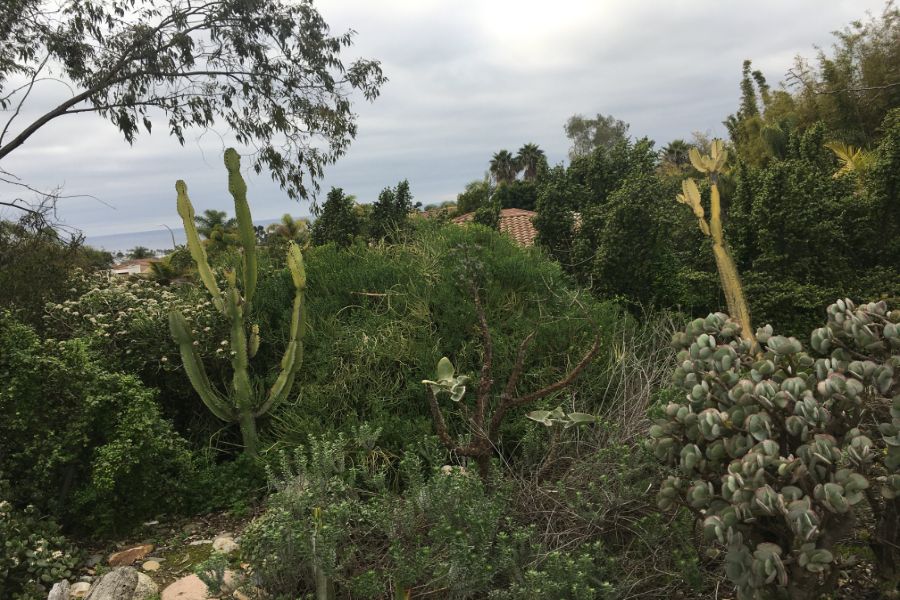April 10, 2023
Endowing my own chair and granting myself tenure

In my early twenties, I briefly contemplated getting an advanced degree.
Not because researching and teaching and wearing blazers with elbow patches appealed to me, but mostly because I thought having a degree would legitimize my credentials as a writer.
My thinking was, well, maybe having those fancy acronyms after my last name would make people’s question marks about my expertise go away.
However, after a few days of calculating the immense cost, time and effort of pursuing a career in academia, I soon realized it was smarter, cheaper, faster, simpler and more fulfilling to invest my time publishing a substantial body of work on my own.
Treating my creative practice as a lifelong independent study. With its own learning objectives, topics of interest and curriculum. Endowing my own chair and granting myself tenure, so to speak.
Now, there is no acronym for that kind of work, but then again, when you’re a creative professional, skills are more valuable than degrees.
Who cares about your credentials?
All that matters are the things you’ve made, the lessons you’ve learned along the way, the person you became as a result, and how the combination of the three has made the world a better place.
The best part is, you don’t have to spend the rest of your life paying back student loan debt.
And all aversion to academia aside, there are several aspects to the scholastic process that are still appealing to me. Particularly the process of methodology development.
Researchers, professors and academics, when presenting a new theoretical take on philosophical problem, are required to establish their own system used in that particular area of study. Part of their work is building out their professional, repeatable, standardized and documented compendium of tools that others can apply to similar problems in the same field.
What’s more, when academics write their methodology, they don’t just describe their method, but they also discuss the reasons why they’ve chosen that method, how it conflicts with and replaces the current point of view around the subject, and why it will yield the best results.
Wow, now that sounds artistically invigorating. You don’t even need to wear a blazer to do it.
And what’s what brings me here now. Pursuing my own independent path of scholarship is how this software platform came to exist.
Prolific is essentially my doctoral thesis. It’s my unique intellectual proposition, stated in contradiction with general opinion, that may or may not be true. I believe unequivocally that my methodology of personal creativity management will convincingly add new and important results to the field.
This system will demonstrate that trying to innovate by the seat of your pants, constantly making things up as you go, isn’t sustainable or scalable, for individuals or organizations.
There’s no peer reviewed scientific study published in an academic journal by a tenured professor with an acronym after his last name to justify those claims.
But it you need that to convince you something is true, then maybe this is not for you.
Are you building credibility or skills?

